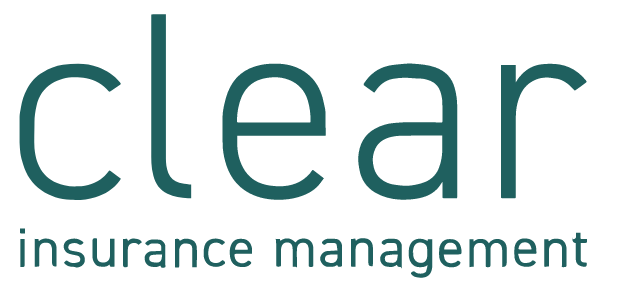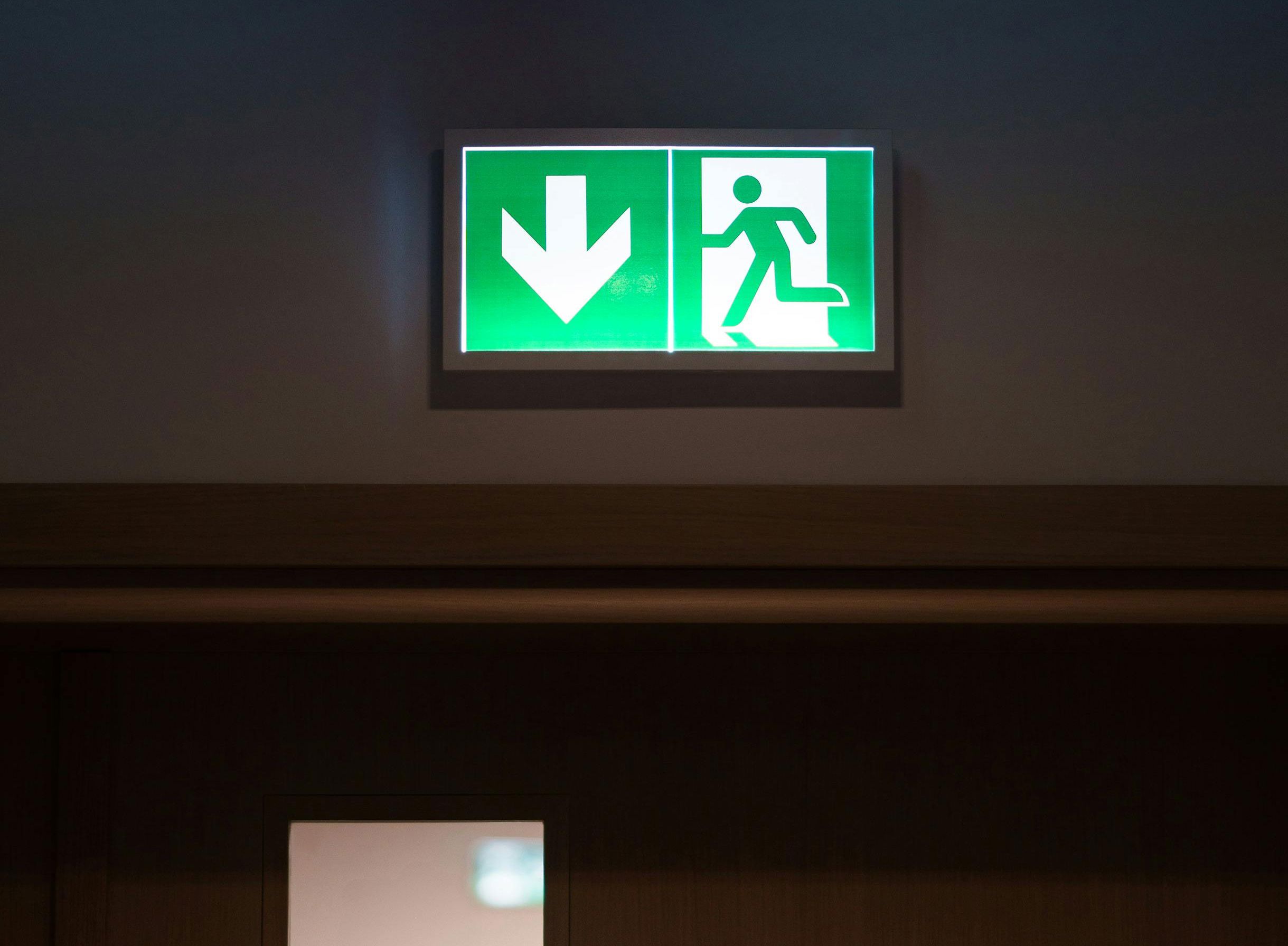Safeguarding the operational integrity of residential properties
Mechanical and electrical systems, including passenger lifts, pressure vessels, and communal plant, underpin the daily functionality of residential buildings. Their safe operation is not merely a matter of convenience, it is a legal and operational imperative.
Property managers and directors responsible for residential blocks must ensure compliance with several key UK regulations governing equipment safety:
- Provision and Use of Work Equipment Regulations 1998 (PUWER) requires that shared equipment, such as lifts and boilers, is safe and suitable for use.
- Lifting Operations and Lifting Equipment Regulations (LOLER) mandates regular inspections of lifting equipment, including disabled access lifts and service lifts.
- Pressure System Safety Regulations (PSSR) applies to pressure systems such as boilers and air conditioning units. PSSR requires routine inspections in accordance with a Written Scheme of Examination, ensuring compliance and preventing system failures.
Non-compliance with these regulations may result in legal liability, reputational harm, and increased exposure to health and safety investigations.
Statutory examinations vs non-statutory examinations
Inspections fall into two broad categories:
- Statutory examinations are legally mandated and apply to equipment such as lifts, boilers, and pressure systems.
- Non-statutory examinations, while not required by law, are considered best practice. Equipment such as swimming pool pumps and communal heating, ventilation, and air conditioning (HVAC) systems may not be regulated, but their failure can be very disruptive and costly.
It is worth noting that the Health and Safety Executive (HSE) may investigate incidents involving uninspected equipment, regardless of statutory status.
The key role of inspection reports in property management
Following each inspection, engineer surveyors issue detailed reports outlining:
- The condition of the equipment
- Any defects identified
- Recommended maintenance actions.
These reports are essential for ensuring operational safety and planning remedial works.
So what does Engineering and Inspection Insurance cover?
Damage to surrounding property: This applies to boilers and pressure systems, covering not only the equipment itself but also any damage caused to nearby property in the event of an explosion due to internal pressure. In high-occupancy buildings, the implications can be significant.
Breakdown, explosion, and collapse: Engineering Insurance responds to mechanical failures across key plant and machinery. Whether it’s a lift that breaks down, a boiler that explodes, or structural collapse within communal systems, this cover helps mitigate disruption and repair costs.
Sudden and unforeseen damage: This includes a range of risks that are often excluded from standard property policies, such as:
- Accidental damage
- Operator error
- Frost-related issues
- Leakage, cracking, and fracturing
- Ingress of foreign bodies.
Collectively, these elements provide comprehensive protection that enhances your property insurance by addressing vulnerabilities that conventional policies typically exclude.
Four reasons to prioritise Engineering and Inspection Insurance
- Financial protection against emergency repairs: Unexpected breakdowns can place significant strain on service charge budgets. This cover helps absorb the financial impact of urgent repairs, ensuring essential systems can be restored without delay, minimising disruption to cash flow.
- Early detection of defects: Partnering with a reputable inspection provider enables early identification of potential issues. By spotting defects before they worsen, you reduce the likelihood of costly failures and improve long-term equipment reliability.
- Tenant satisfaction and reduced disruption: When a communal boiler fails in winter or a lift is out of service for days, frustration builds quickly. Insurance-backed inspections and repair cover help ensure swift resolution, maintaining tenant confidence and reducing periods of inconvenience.
- Protection against legal liability: If equipment failure results in injury, directors and officers of the management company may face personal liability. Regular inspections demonstrate a proactive approach to safety, while Directors & Officers (D&O) Insurance offers an additional layer of protection against legal and financial consequences.
A keystone of responsible property management
To sum up, Engineering and Inspection Insurance should be viewed as a mainstay of responsible property management. It ensures compliance with statutory obligations, helping management companies meet the rigorous standards set out in regulations such as PUWER, LOLER, and PSSR. By facilitating regular inspections and providing financial protection against equipment failure, it safeguards not only the physical integrity of residential buildings but also the safety and wellbeing of those who live and work in them.
Contact us
Visit our residential property page to contact us about Engineering and Inspection Insurance.







